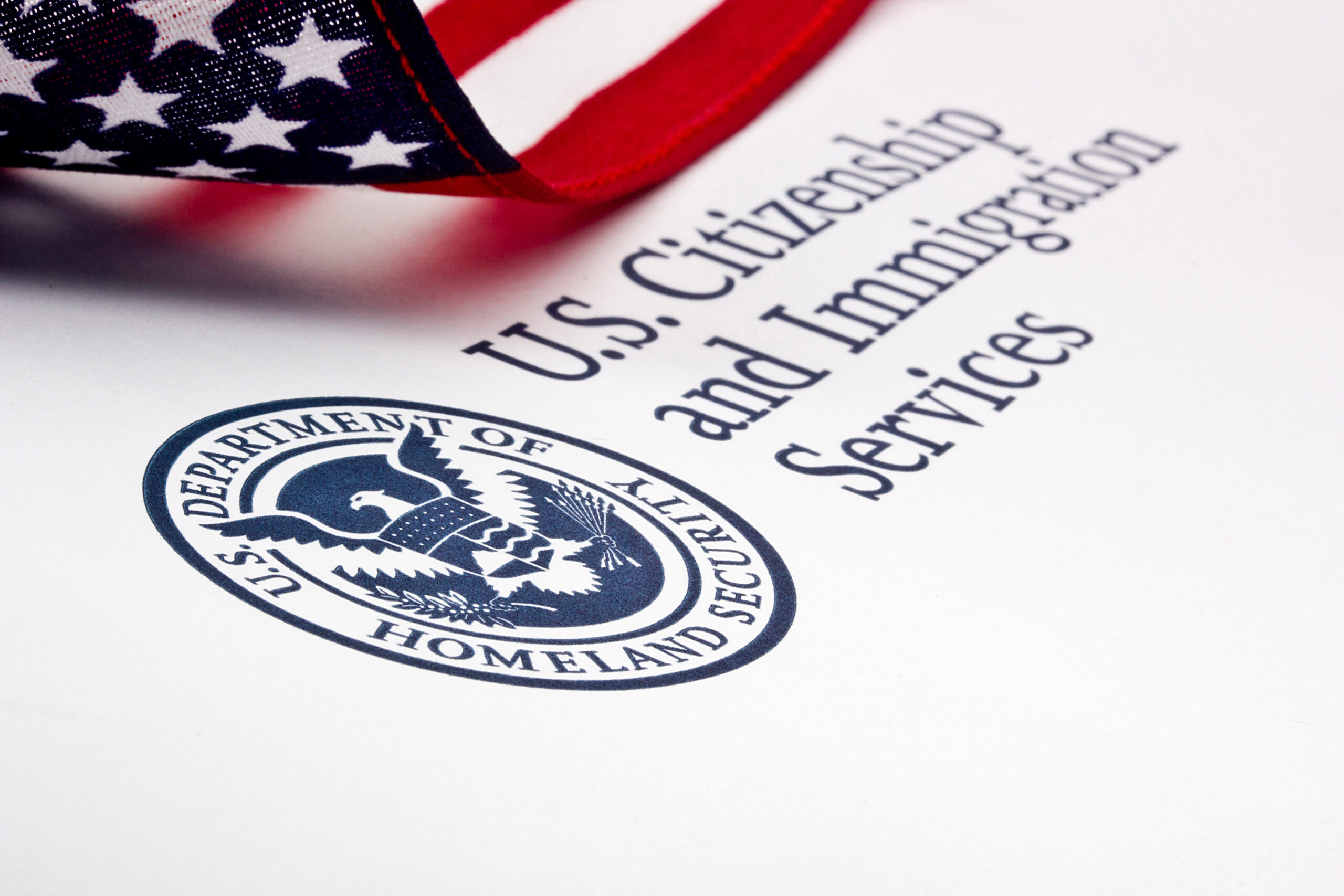
USCIS now accepts ACH payments for immigration fees, and after October 28, 2025, they will be the only accepted payment method. These payments are direct transfers from a checking or savings account made through Form G-1450.
For now, applicants can still use traditional methods such as credit cards, debit cards, and checks. But once the deadline passes, all payments must be made using USCIS ACH payments.
This new option gives immigrants and their families a secure way to pay without relying only on credit cards, debit cards, or paper checks. It may sound like a small update, but it is an important step in making the immigration system easier and faster.
At Rozas Immigration, we know how even small changes like this can affect families applying for green cards, asylum, or other immigration benefits. Below, we explain what USCIS ACH payments mean, how they work, and why they matter for your case.
What Are ACH Payments?
ACH stands for Automated Clearing House. It is the U.S. network that moves money directly between bank accounts. If you have ever set up direct deposit at work or paid a bill through your bank’s online system, you’ve already used ACH.
For USCIS applicants, ACH payments mean:
-
No need for a credit or debit card.
-
No paper checks that can get delayed or lost.
-
Funds move directly from your bank account.
-
Payments are tracked electronically with faster confirmation.
For many families, ACH payments offer peace of mind and an easier way to handle filing fees.
Why USCIS Is Adding ACH Payments for Immigration Fees
USCIS processes millions of applications each year. These include request for work permits to marriage-based green cards, and citizenship.
With so many applications, the old payment methods created problems. Paper checks could bounce. Credit cards could be declined. Even small payment errors caused delays or rejections.
According to USCIS, adding ACH payments will:
-
Increase accessibility for applicants without credit cards.
-
Improve efficiency by reducing paper checks and manual processing.
-
Enhance security with electronic verification through the banking system.
-
Reduce errors and delays caused by bounced checks or payment rejections
This update is part of USCIS’s larger effort to streamline the immigration system and provide applicants with more user-friendly options.
Which Immigration Applications For USCIS Accept ACH Payments
ACH payments are being rolled out gradually. At this stage, they are available for most applications filed online through a myUSCIS account.
This includes many common filings such as:
-
Form I-90 (Green Card renewal)
-
Form N-400 (Citizenship application)
-
Form I-765 (Work Authorization)
-
Form I-130 (Petition for Alien Relative)
-
Form I-131 (Travel Document/Advance Parole)
Important note: If you file your application on paper and send it by mail, ACH payments may not yet be available. Always check the payment options on the official USCIS website before submitting your case.
Benefits of Using USCIS ACH Payments for Immigration
USCIS filing fees can range from a few hundred dollars to more than a thousand. Having multiple secure payment methods matters. ACH brings several benefits:
-
Lower risk of rejection. ACH verifies funds directly, unlike paper checks.
-
Faster processing. Payments clear quickly, helping cases move forward.
-
Simpler recordkeeping. Your receipt is saved in both your USCIS account and your bank records.
-
More inclusive. Families without credit cards now have a secure way to pay.
For immigrant families, these benefits can reduce stress during an already difficult process.
Things to Watch Out for When Using USCIS ACH Payments
While ACH payments are a positive change, applicants should be careful when using them:
-
Enter bank details correctly. A wrong account or routing number could cause rejection.
-
Check your balance. If funds are not available, USCIS may reject the application.
-
Save your receipt. Always keep proof of payment in case of future issues.
A rejected payment can lead to a rejected application, wasting valuable time. Careful preparation avoids these problems.
What This Means for Immigrant Families
This update may seem small, but it matters. Immigration cases are already stressful. The last thing families need is uncertainty about whether a payment went through.
With ACH payments, applicants have:
-
More security knowing payments are tracked.
-
More flexibility with payment options.
-
Less risk of delay due to payment errors.
Still, it’s important to remember that paying the fee is just one part of the process. Every application must be complete, accurate, and supported by the right documents. A payment alone does not guarantee success.
How Rozas Immigration Can Help
At Rozas Immigration, we track every change at USCIS to protect our clients. Whether it’s a new filing rule or a payment option like ACH, we make sure your case is handled correctly from start to finish.
If you are preparing to apply for:
-
A family-based green card
-
Citizenship through naturalization
-
Asylum or humanitarian relief
-
A work permit or travel document
Our team can guide you through every step. We make sure your application is filed on time, supported by evidence, and set up for success.
Call now for a consultation with our immigration attorneys or schedule an appointment online.
Stay Informed
Immigration rules can change quickly—and even small updates like USCIS’s new ACH payment system can affect your case. Staying informed is one of the best ways to protect your future.
👉 Subscribe to the Rozas Immigration Newsletter for free updates on immigration policy, court rulings, and application tips that matter to your family.
You can also follow us for daily updates on our social media pages.
• Follow Rozas on Instagram, Facebook, and Youtube
• Follow Immigration Lawyer David Rozas on TikTok
Written by David Joseph Rozas
David Rozas is an experienced criminal and immigration lawyer and one of the founding partners of Rozas & Rozas Law Firm. He has been with the firm since 2004, joining his brother, Greg in practice. David concentrates his law practice on criminal defense and immigration.

.svg)















